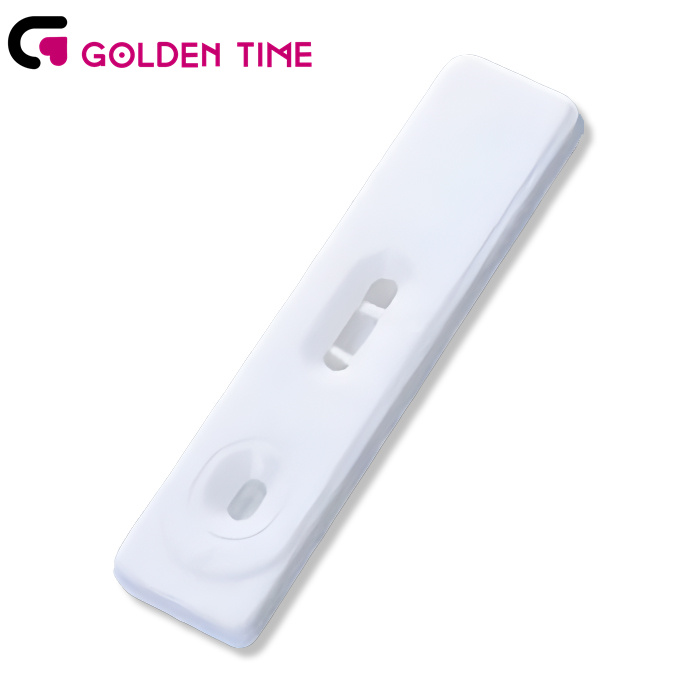Aug . 08, 2024 07:15 Back to list
The Most Effective Stool Antigen Test Options Available for Detecting H Pylori Infection
The Best Stool Antigen Test for H. pylori An Overview
Helicobacter pylori (H. pylori) is a type of bacteria that can infect the stomach lining and is a common cause of peptic ulcers and gastritis. It has been associated with serious gastrointestinal diseases, and thus, effective diagnosis is crucial for appropriate treatment. Among various diagnostic methods used for detecting H. pylori infection, the stool antigen test has gained significant attention due to its non-invasiveness, cost-effectiveness, and reliability.
Understanding Stool Antigen Testing
The stool antigen test is a diagnostic tool that identifies the presence of H. pylori antigens in a patient's stool sample. Unlike other tests such as endoscopy or breath tests, the stool test does not require invasive procedures and is more convenient for patients. The test works by detecting specific proteins released by the bacteria, which remain detectable even when a patient is asymptomatic.
Advantages of Stool Antigen Testing
1. Non-Invasive One of the main benefits of the stool antigen test is that it is non-invasive. Patients can collect their stool sample at home without the need for any medical procedures, making it a more comfortable option.
2. Accuracy When conducted properly, studies have shown that stool antigen tests have high sensitivity and specificity. This means that they can accurately identify the presence of H. pylori, reducing the chances of false negatives or positives.
3. Cost-Effective Compared to other diagnostic methods, such as endoscopic biopsy, stool antigen tests are generally more affordable. This makes them an accessible option for many patients and healthcare providers.
best stool antigen test for h pylori

4. Monitoring Treatment The stool antigen test can also be used to monitor the effectiveness of treatment for H. pylori infection. After a course of therapy, a follow-up stool test can confirm whether the infection has been successfully eradicated.
Limitations of Stool Antigen Testing
Despite its many advantages, there are some limitations to consider. For instance, the accuracy of the test can be influenced by factors such as recent antibiotic use, proton pump inhibitors (PPIs), or bismuth-containing medications. These substances can suppress the immune response or alter the digestive process, potentially leading to false-negative results. It is generally recommended that patients refrain from these medications for a certain period before undergoing the test to improve accuracy.
Choosing the Best Stool Antigen Test
When it comes to selecting the best stool antigen test for H. pylori, it is important to consider the test’s sensitivity, specificity, and the laboratory's accreditation. Most healthcare providers will offer tests that are well-established and have demonstrated reliability through clinical studies. It is also beneficial to consult healthcare professionals for advice on which specific test may provide the best results based on individual circumstances.
Conclusion
In summary, the stool antigen test for H. pylori offers a convenient and reliable method for diagnosing infection with this bacterium. Its non-invasive nature, cost-effectiveness, and ability to monitor treatment outcomes make it an appealing choice for both patients and healthcare providers. While there are considerations regarding accuracy, particularly related to medication use prior to the test, patients can achieve reliable results when proper guidelines are followed. As our understanding of H. pylori evolves, the stool antigen test continues to play a vital role in gastrointestinal health management.
-
Malaria Pf Ag Rapid Test Kit - Quick & Accurate Detection
NewsAug.11,2025
-
Accurate Cardiac Marker CK-MB Rapid Test for Quick Results
NewsAug.10,2025
-
Premium Empty ABS Plastic Cassette for Test Strips
NewsAug.09,2025
-
Sterile Urine Cup: Accurate Specimen Collection for Labs & Home
NewsAug.08,2025
-
Malaria Pf/Pan Ag Rapid Test Kit for Fast, Accurate Diagnosis
NewsAug.07,2025
-
Rapid Canine Corona Test: Fast & Accurate Results
NewsAug.06,2025

